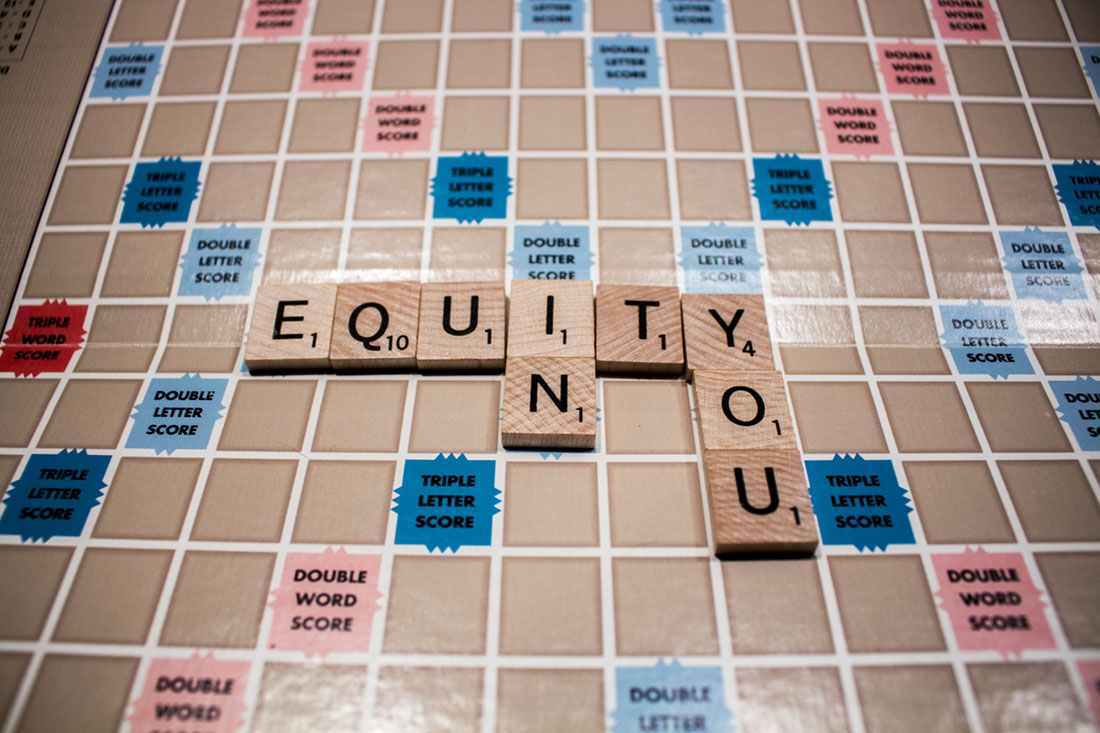Take-Home Message: Be smart about who you let influence you.
Motivation speaker Jim Rohn famously coined the phrase, “You are the average of the five people you spend the most time with.”
If Jim is right, then you can probably get a glimpse of your identity by looking at your circle of confidants. However, I’ve also heard it remarked that this assessment falls short. It does not account for the other intellectual influences that might be quite prevalent in shaping your identity, like books or bloggers, or the websites you frequent.
I have a tendency to agree with Jim, that we do, to a degree, become the company we keep. Because of this, I think it’s quite important for the achievement of your goals to assess carefully the individuals to whom you grant a stake in your life and how their influences are shaping you.
In many ways, your life is a lot like a business. (Corporations are people, too, right?) Of course, there are many different types of businesses and varying facets according to each type. Let’s take a look at some of these similarities, and why the company you keep effects that.
Similarity One: If you make an income, it’s likely from an exchange of your own skills or services to someone else who wants them. How well or how poorly you provide this exchange in accordance with your price will determine your perceived worth in the marketplace to others. Of course, you might not set your price, you might work for a wage that your employer offers you in exchange for your work. How well you demonstrate your proficiency at your current wage rate determines your value to your employer–it likely determines your opportunity for advancement and continued employment, among other things, as well.
Similarity Two: You both need a PR firm. Your reputation is usually up for negotiation. Just as when you’re working, the way you deal with others in your day-to-day relationships will play a role in what others think about you. In the marketplace as a business, consumers’ opinion can make or break you. In life, it’s not quite as drastic, of course, but, a poor reputation can make it difficult to earn an income or go about the pursuit of your own interests hassle-free.
Similarity Three: Whoever makes decisions for either, is actually the boss. In most businesses, there is a “Decision Maker” who is calling the important shots. These decisions could be reliant on many different individuals providing support like analysts, a Board of Trustees, or even shareholders. Sometimes, [in business] the decision maker’s hands are tied by the influences or opinions of these other parties. It usually depends on the breakdown of equity held in the business by each party. In your own life–much like Rohn said about your five closest companions–how you’ve granted equity and to whom can play a significant role in your decisions. This is why I believe it so important to evaluate those roles carefully.
If you’re running around letting every person whom you come in contact with influence your mindset, goals, or opinions, you’ve effectively taken out an IPO on yourself and let the world buy up shares and call the shots for you. If you’re doing this, stop now and try to buy back as much of your equity as you can.
A little less drastic example, though, can be taken by assessing those five people–or however many it realistically is for you–you’re confiding in and the ideas you’re regularly contemplating. How much ownership of your life have you granted to these? If you can’t clearly see this, then consider a recent decision you’ve made and the process you went through to reach it.
Did you consult anyone before making a decision? If so, whom and what influence, if any, did their opinion have? Did you weigh your decision against a personal code of conduct or some guiding philosophy or information? Or did you reach your own, independent conclusion, free from consultation?
I think it’s important to be aware of this process you undergo in decision-making in your life. It’s not so important who these people are, so long as you’re aware and approve of their influences. However, if your personal Board of Trustees is the deciding factor for every choice you make, and you are unaware of it, you might be do yourself a world of good by taking a minute to figure this out.
Why? Because each of them is operating under his or her own self-interest. Their advice to you is an extension of the reality they live in. If in any way thier interests conflict with yours, then you’re doing a disservice to yourself by allowing their interests to compete with your own for title to your life.
The point of the matter is that you are the only one who has to live with the decisions you are making. So, if the company you are keeping is satisfactory to you and meshes well with your values, then perhaps you have nothing to worry about. The imperative part is that you’re aware of the role these influences play in your life. Like business as in life, “You can’t manage what you can’t measure.” So, be sentient of these guiding forces and be cautious to grant equity only where it’s beneficial to the fulfillment of your own life’s goals.
